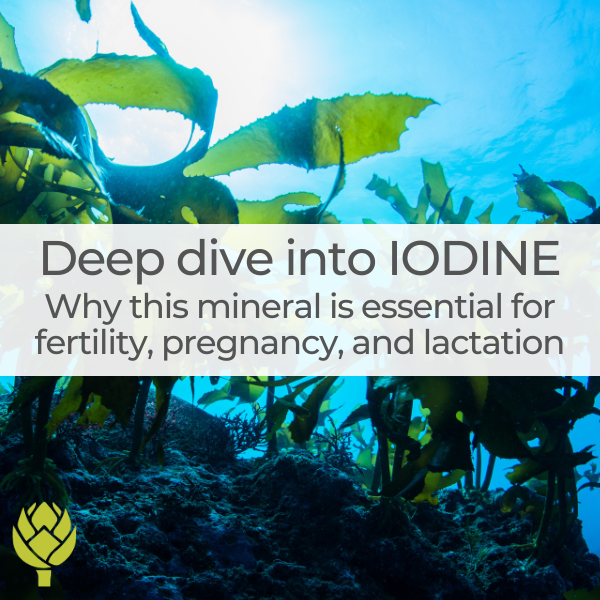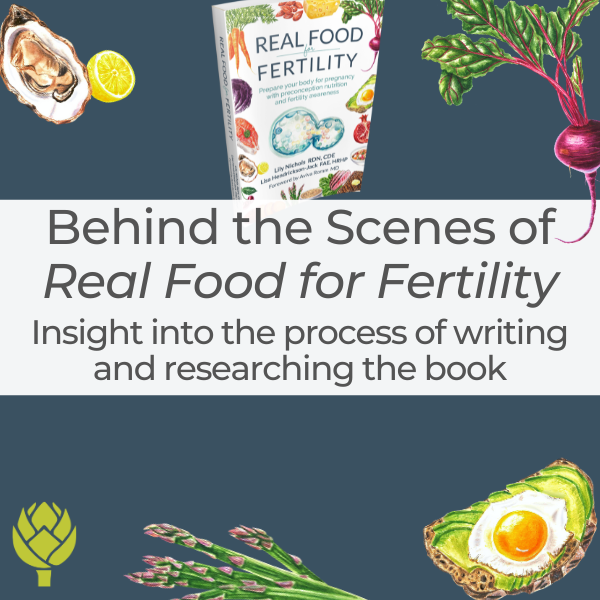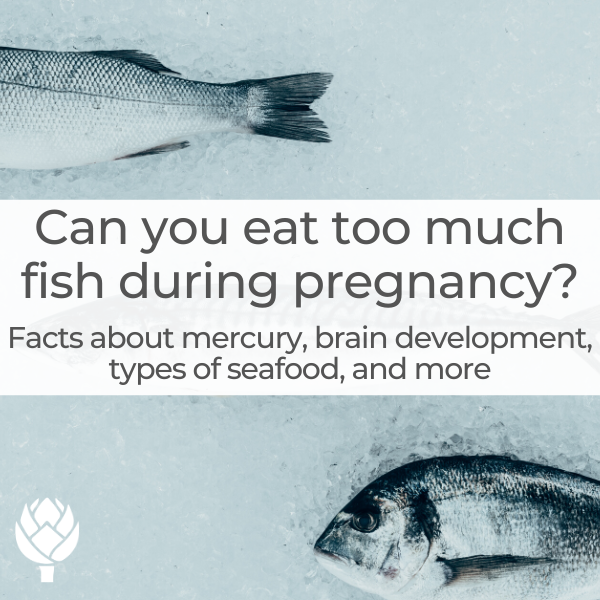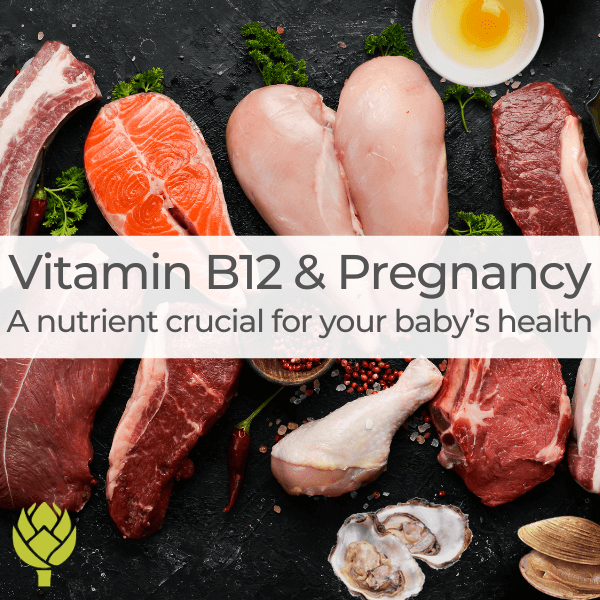As a prenatal dietitian and diabetes educator, I am asked a lot of questions about exercise during pregnancy.
- Is it safe? I’m afraid.
- Will it hurt my baby? Won’t it increase my risk of miscarriage?
- What CAN I do? What CAN’T I do?
I’ve already blogged about the safety of Pilates During Pregnancy, but I came across an article on the topic in USA Today that piqued my interest. They share stories of pregnant ladies enjoying once-taboo activities like rock climbing, mountain biking, and kayaking. Check out this rock climbing mom!
Many moms are fearful of engaging in activities that would hurt the baby. (And many health care practitioners advise them to reduce intensity of exercise, citing that blood flow could be restricted to the fetus.) But, consider this:
“It turns out pregnant women can exercise much more vigorously than previously thought without diverting blood from the placenta to their muscles” – Andrew Satin, Chairman of Obstetrics and Gynecology at Johns Hopkins Bayview in Baltimore
The bottom line is There Is No Need To Stop Exercising When You Are Pregnant. (Obviously, don’t take my word for it and check with your doctor to rule out complications, but for a healthy pregnancy, exercise is a good thing.)
And though I wouldn’t push extreme sports (the risk of falls from mountain biking alone would make me hesitant), many activities are still safe. For detailed info, check out this handout from the American College of Obstetrics and Gynecology, a trusted source of info for health care professionals. They recommend exercising at least 30 minutes a day PLUS strength exercise 2-3x/week (that’s Pilates!)
Still not convinced?
Active mommies-to-be tend to have easier labor and delivery, gain a healthy amount of weight and have a 47-76% reduced risk of gestational diabetes.
And just to be safe, be aware of these Warning Signs to Stop Exercising While Pregnant:
- Vaginal bleeding
- Dyspnea prior to exertion
- Dizziness
- Headache
- Chest pain
- Muscle weakness
- Calf pain or swelling (need to rule out thrombophlebitis)
- Preterm labor
- Decreased fetal movement
- Amniotic fluid leakage
Disclaimer: Ask your doctor if you have any complications that make exercise unsafe during your pregnancy. This advice does not replace the advice of your primary care provider.









